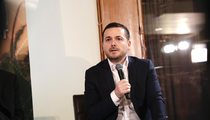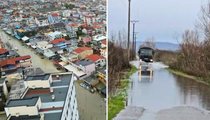"Drone Wall" to Protect Against Russia - EU Leaders Back Plan, Russian Assets Will Be Given to Ukraine
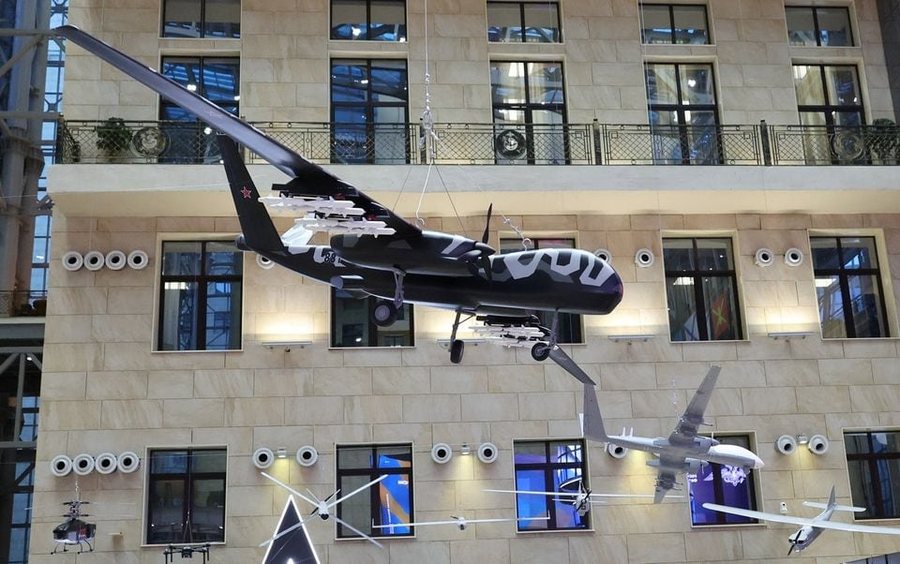
Leaders of the European Union and other countries aspiring to join the EU gathered in the Danish capital to discuss strengthening the continent’s security. “We are very concerned and now is the time to take action,” said Finnish Prime Minister Petteri Orpo. Meanwhile, the European Commission will work on a “roadmap for defense” to be published within two weeks, before leaders gather for another summit to make decisions. Leaders attending the summit gave broad support to proposals to accelerate the development of drone technology and anti-drone systems. The leaders also agreed to hand over Russian-made assets to Ukraine.
"The leaders broadly supported priority projects that will strengthen Europe's security, including the European drone wall and the Eastern Bloc Surveillance," European Council President Antonio Costa told reporters at the end of the summit.
Ahead of the meeting, which came after a series of violations of the airspace of Russian drones by Poland, Estonia, Romania and Denmark, the European Commission had published a document outlining, among other ideas, four key projects it believes should be funded and implemented urgently. The document includes a European anti-drone wall, an Eastern Flank Defense, an Air Defense Shield and a Space Defense Shield.
Danish Prime Minister Mette Frederiksen, who welcomed her European counterparts, also said there was “broad support” for the Commission’s proposals. “We need to support drone production and strengthen our anti-drone capabilities. This includes building a European anti-drone network that can detect and of course neutralize interference from outside. So we need to create a European ecosystem that will enable Europe to develop advanced drone solutions, inspired by what Ukraine is already doing,” the Danish prime minister said. She insisted there was no “East-West conflict” on the issue, although the investments are likely to benefit the eastern flank, which is geographically closer to Russia.
European Commission President Ursula von der Leyen argued that airspace violations “are part of hybrid warfare tactics” and “require a strong and determined response and response from Europe.” “We need to ensure stronger deterrence at scale and speed. And that was the focus of our discussion today. There is a clear sense of urgency, because preserving peace has always been a core task of the European Union,” von der Leyen added.
The Commission is set to draft a defence action plan within two weeks, which will build on the discussions the leaders had and set out capability targets, with a view to them taking decisions at a formal summit later this month.
While the leaders spent much of their time in Copenhagen agreeing on drones, they also had time to discuss new measures to boost financial and military aid to Ukraine, which is seen as inextricably linked to the issue of European defense.
"We talk a lot about security guarantees for Ukraine, but, in fact, it is the opposite: Ukraine is today the guarantee of Europe's security. Our support for Ukraine is a direct investment in our security," Frederiksen said.
The 27 EU leaders also exchanged views on the Commission's bold proposal to provide 140 billion euros in aid to Kiev, based on the cash balances of Russia's frozen assets, most of which are now held at Euroclear, a central securities depository based in Brussels.
The loan, if an agreement is reached, would be disbursed gradually over time, depending on conditions. Under the plan, which is still in its early stages and needs to be further refined, Ukraine would be required to repay the loan only after Moscow agrees to compensate for the damage caused, hence the name “Loan for Compensation”. The Commission would then repay this money to Euroclear, and Euroclear would repay Russia, completing the chain.
While the plan has gained broad support among leaders, it has faced resistance from Belgian Prime Minister Bart De Wever, who has expressed legal and technical concerns. A key question for Belgium is risk management: how the bloc would collectively handle any problems, bankruptcies or legal suits.
At the end of the meeting, von der Leyen tried to calm the Belgian prime minister. “It is absolutely clear that Belgium cannot be the only member state to bear the risk, but the risks must be spread across a wider range of people,” she said. “There is no asset seizure,” von der Leyen stressed, as Russia claims. However, the frozen assets will for now “stay in the freezer.” The next summit, later in October, could be the “day of truth,” said European Council President António Costa.
The two hours planned for talks on common defence lasted twice as long. Given the need for further discussions, meetings between the 27 defence ministers and the EU's top diplomat, Kaja Kallas, will be held more frequently. The main European countries, France and Germany, have expressed scepticism about a Commission-managed anti-drone wall, while southern countries are pushing for a broader concept that would also protect their borders.
German Chancellor Friedrich Merz entered the summit wanting to talk about competitiveness, but failed. “We will have two main topics to discuss: firstly, the competitiveness of European industry and the high, very high, level of regulation in Europe,” Merz told reporters upon arriving in Copenhagen. “Secondly, unfortunately, we will have to talk about Russia’s war against Ukraine again,” he added.
However, officials at the summit knew that Merz's message was tailored for a domestic audience, as the German leader is under increasing pressure to reorganize the EU's largest economy and implement radical reforms.
The final point of the Copenhagen summit was dictated by a dinner invitation. The Danish royal family invited EU leaders to dinner at exactly 7 pm.
The meeting added to the pressure of a deadline. But the session on security and defence lasted four hours, twice as long as planned, as leaders went beyond their pre-set talking points and free-form responses. Costa, who chaired the meeting, dared not interrupt the microphone given how sensitive the talks were, said an EU official, who denied that the talks had dragged on because of disagreements between the leaders.
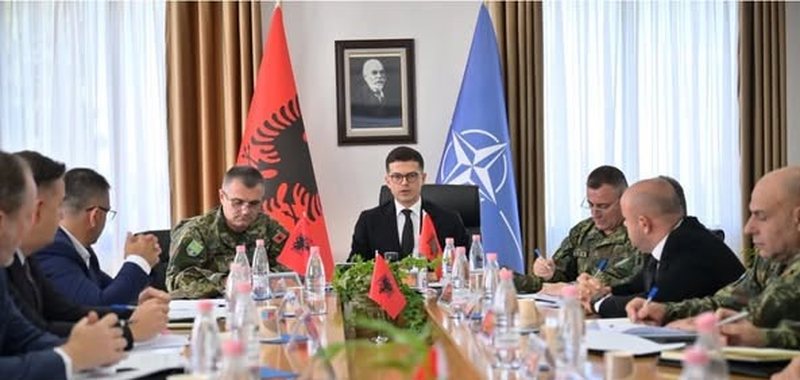
Albania 15th in the world for cybersecurity/ Vengu: We increase capacities in the field of information security!
The Minister of Defense, Pirro Vengu, announced that Albania has been ranked 15th in the National Cyber Security Index. He emphasized that this......
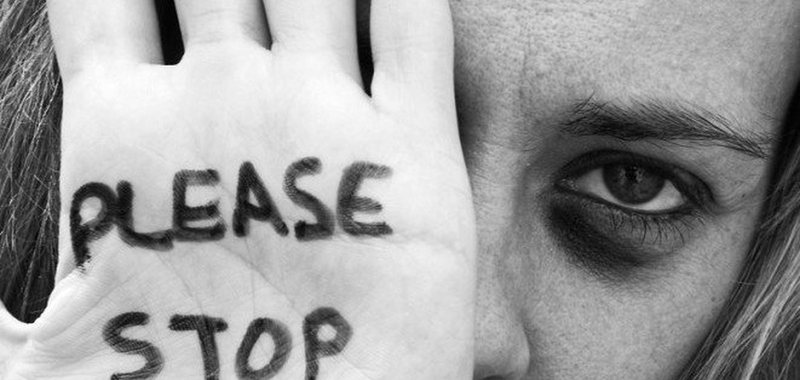
Violence against women, focus on economic empowerment - New draft, for public consultation. A coordinated network of services is established
The new draft submitted for public consultation "On the prevention and protection against violence against women and domestic violence", a document that, in......
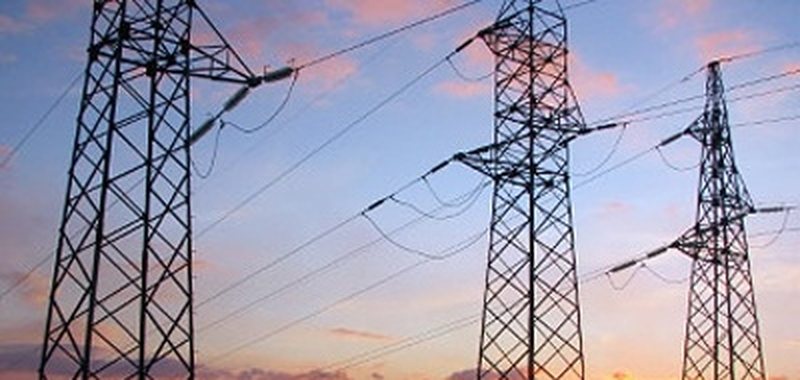
Energy price reduction? - ERE Head, Ahmeti: The possibility is not excluded, it depends on OSHEE's performance
The Head of the Energy Regulatory Authority, Petrit Ahmeti, does not rule out the possibility of reducing the price of electricity, depending on the......
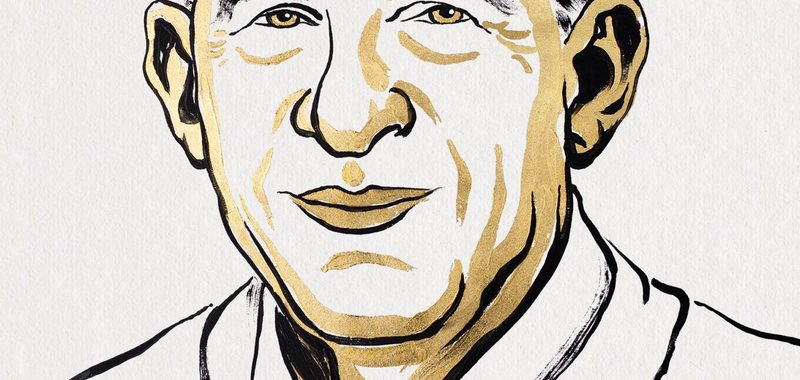
Nobel Prizes in Physics/ American scientists announced winners for discoveries in quantum technology
Scientists John Clarke, Michel Devoret and John Martinis won the 2025 Nobel Prize in Physics for "the discovery of macroscopic quantum tunneling and the......

Europe, world leader in smoking - One in four people are smokers. The region surpasses Southeast Asia
Europe records the highest rate of tobacco use in the world, surpassing Southeast Asia, according to a report published by the World Health Organization......
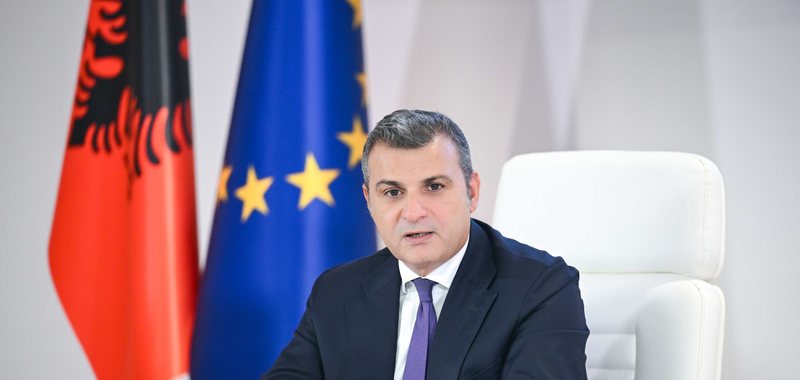
"SEPA, tangible benefits for citizens and businesses"/ Governor Sejko: Lower costs, higher speed and increased security
As of today, commercial banks in Albania start offering transfers in the Single Euro Payments Area (SEPA). The ceremony held at the Bank of Albania was......

More women drivers on Albanian roads/ Age group 25-34 with the highest number of driving licenses for both genders
Having a car and a driver's license is no longer seen as a luxury, but as a necessity, especially for those living in the capital and large cities. Daily......

"We have very few patents for inventions" - Laknori: New law, more standards and less bureaucracy
In Albania, the number of patents for inventions remains low, an indicator of the lack of financial and institutional support for Albanian innovators.......







